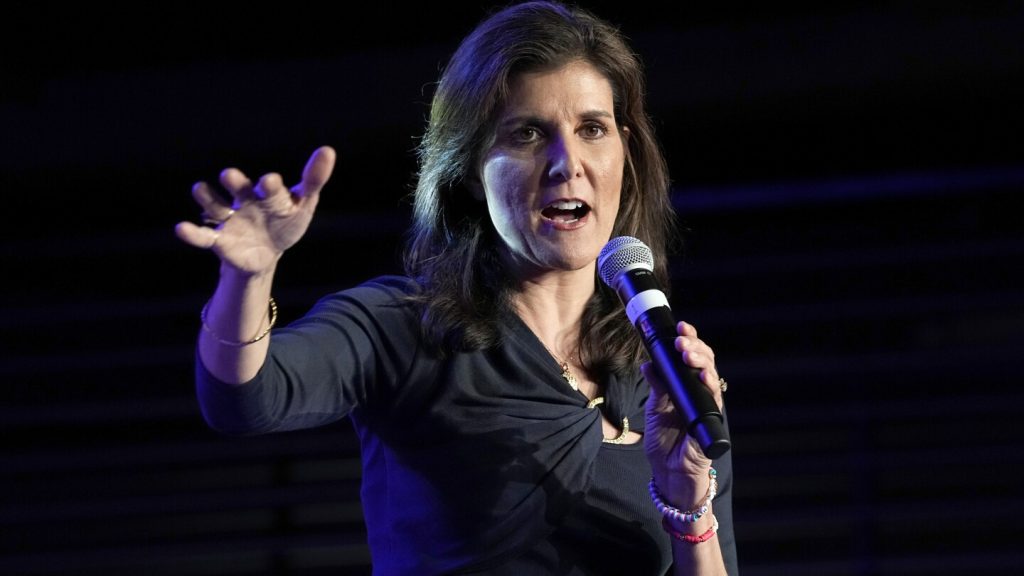Nikki Haley, a high-profile Republican, has not yet endorsed Donald Trump’s presidential bid, sparking speculation about her future in the GOP. While some believe she may be forced to endorse Trump to avoid alienating the party base, others suggest she could end up on Trump’s shortlist for vice president. Haley’s decision will have significant implications for the general election and her standing as a top-tier Republican appealing to a broader audience beyond her party.
Supporters of Haley, including former Democrats like Thalia Floras from New Hampshire, see her as a unifying figure. However, many of these supporters have warned that they will stop supporting her if she aligns with Trump. Haley’s coalition of independents, moderates, and anti-Trump Republicans remain loyal to her even as she navigates potential endorsements and future political moves. Her decision will be closely monitored by both Trump and President Joe Biden’s allies, as it could sway the outcome of the general election.
Despite not speaking for months, Haley and Trump have not had any direct discussions since her withdrawal from the GOP primary campaign in March. The Biden campaign, recognizing the potential influence of Haley’s supporters as swing voters, is actively working to capture their votes. Biden has made efforts to reach out to Haley’s coalition, contrasting his approach with Trump’s lack of engagement with these voters. By highlighting Trump’s attacks on Haley in advertisements, Biden aims to draw her supporters to his side.
While some Republicans have endorsed Trump despite previous criticisms, Haley’s decision remains uncertain. Biden’s team is hopeful that she may choose to stay silent or endorse the election’s importance for democracy rather than explicitly endorsing him. Duncan, a former Republican lieutenant governor who endorsed Biden, hopes Haley does not sway towards Trump for short-term political gain. The limited number of high-profile Republicans willing to oppose Trump in 2024 makes Haley’s decision even more significant.
As Haley re-enters the public sphere after a period of seclusion, she is positioning herself as a voice on foreign policy, delivering speeches and engaging with donors and allies. Despite her recent absence from the campaign trail, Haley’s supporters continue to show up in low-profile primary contests across various states. With no formal organization or advertising, Haley has garnered significant support in states like Maryland, Indiana, and Arizona, indicating the enduring appeal of her message and leadership style.
The outcome of Haley’s decision, whether to endorse Trump or maintain her independence, will impact her future political prospects within the GOP and beyond. Biden’s team is actively courting her supporters, recognizing their value as swing voters in key battleground states. Haley’s ability to unite a diverse coalition of voters and build consensus within the Republican Party will be closely monitored in the lead-up to the November election. As she navigates this political crossroads, Haley’s choice could have lasting implications for her political career and the broader dynamics of American politics.


